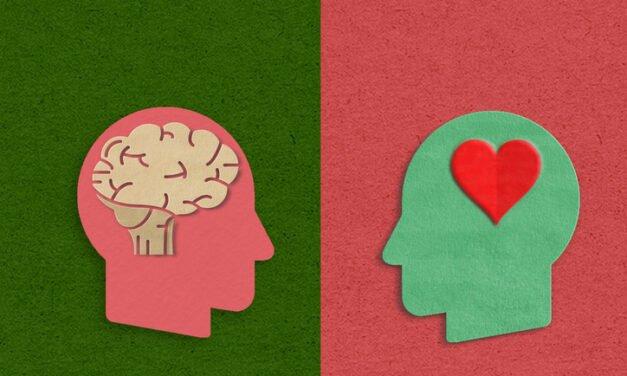Racial Justice at Work: Not a Competing Priority
Now is not the time to pause or stop racial justice at work. It cannot be a “competing priority” that gets pushed down the list of importance. It is the priority. Your Black employees are hurting. Cutting or postponing efforts toward racial justice and equity in the workplace sends the message that you do not care about them or their well-being.
Read More


























